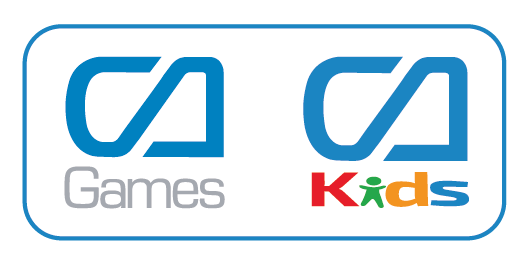
| Stock Code: | 5138 |
| CA Barcode: | 8681889043153 |
| Product Name: | Kukuli 2 |
| Number of Pieces: | 35 Parça |
| Dimensions: | 34 x 24 cm |
| Recommended Age Group: | 3+ age |
Kukuli
35 Parça Frame Puzzle
Gains
Hand-Eye Coordination
Attetion
Understanding the Part-Whole Relationship
Small Muscle Development
Confidence
Social Cohesion
Analysis-Synthesis
Classification- Sorting
Problem Solved
Puzzles are especially important for children’s mental, physical, social and emotional development.
Puzzles are especially important for children’s mental, physical, social and emotional development. Puzzle, during the formation phase, can be defined as bringing together some pieces that seem complicated, meaningless, and irrelevant to each other and forming integrity. This forming integrity process is a phase that requires mental dexterity. Puzzle, in this sense, provides the formation of part-whole relationships by contributing to children’s mental development. Additionally, it has extra benefits for your children such as concentration-perception development, figure-ground perception, induction-deduction and reasoning-comparison development, and classification-sorting ability. Moreover, puzzles have further contributions to children’s critical thinking development, some of which are producing solutions, trying alternatives, motion-time study, hand-eye coordination, analytical thinking, and integration-matching-sequencing abilities. A child has to use his/her small muscles in order to do puzzles. Repeated movements reinforce the physical development of his/her by making his/her muscles stronger and by gaining the habit of mentioned movement. Completing the puzzle means a great victory for a child and this achievement is a significant contribution to his/her self-confidence. With this quality of it, we can refer to the contribution of puzzle to children’s emotional development. Besides, puzzles serve as some kind of treasure for social development because of the fact that they strengthen kids’ abilities such as productivity, patience, socialization, curiosity, discovery, acting independently, and focusing on the target. Children aged between 12-18 months can play with 3-4-piece puzzles and they can keep doing puzzles with more pieces as they get older. However, the main point which should be considered is the fact that children at these ages cannot pay attention to any activity for a long time, therefore, cannot play this game for long. For this reason, towards the age of two or three, children can play this game with their parents for a longer period of time. Because children at these ages like building something and then breaking it, they enjoy playing this game. You too can have fun with your children as well as contribute to their development. Who knows, doing puzzles might be one of his/her favorite hobbies when he/she becomes an adult.
A child has to use his/her small muscles in order to do puzzles. Repeated movements reinforce the physical development of his/her by making his/her muscles stronger and by gaining the habit of mentioned movement.
Completing the puzzle means a great victory for a child and this achievement is a significant contribution to his/her self-confidence. With this quality of it, we can refer to the contribution of puzzle to children’s emotional development.
Besides, puzzles serve as some kind of treasure for social development because of the fact that they strengthen kids’ abilities such as productivity, patience, socialization, curiosity, discovery, acting independently, and focusing on the target.
Children aged between 12-18 months can play with 3-4-piece puzzles and they can keep doing puzzles with more pieces as they get older. However, the main point which should be considered is the fact that children at these ages cannot pay attention to any activity for a long time, therefore, cannot play this game for long. For this reason, towards the age of two or three, children can play this game with their parents for a longer period of time. Because children at these ages like building something and then breaking it, they enjoy playing this game.
You too can have fun with your children as well as contribute to their development. Who knows, doing puzzles might be one of his/her favorite hobbies when he/she becomes an adult.

